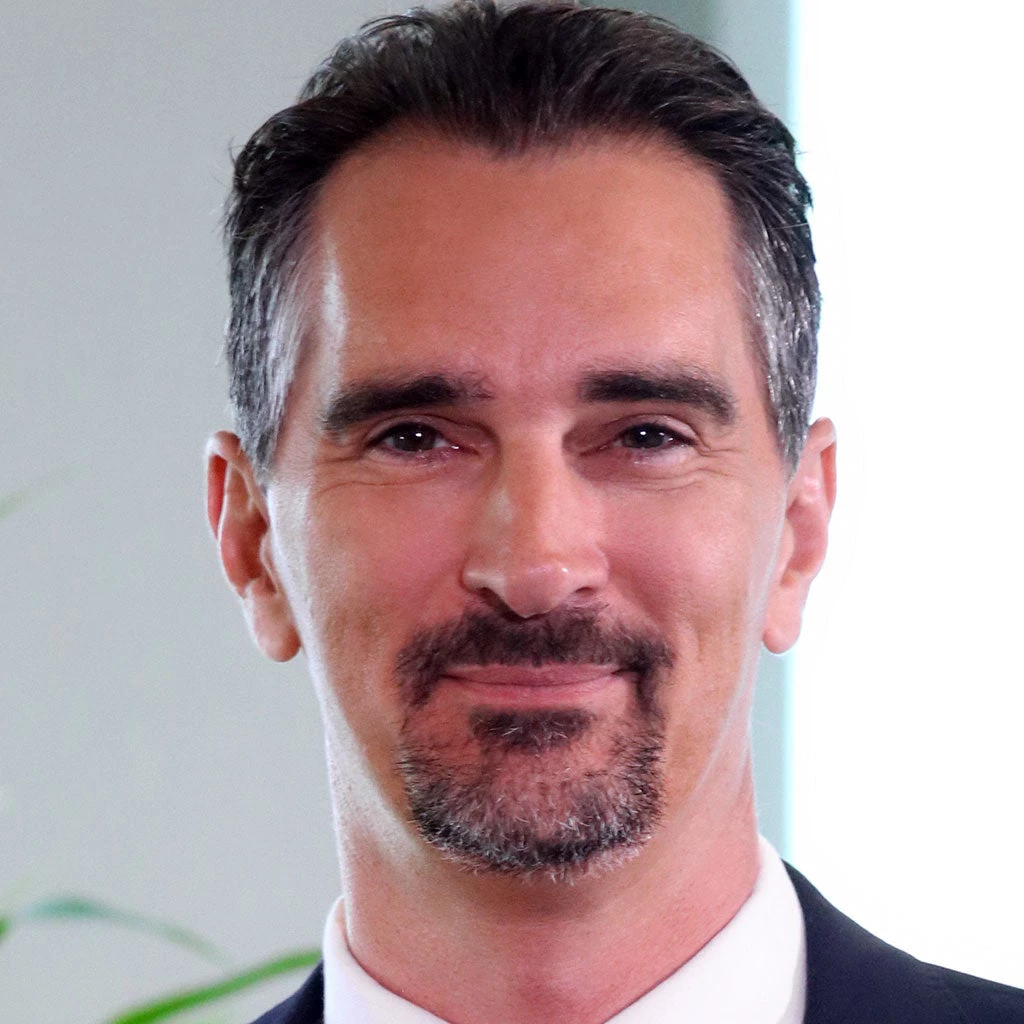 Mustafa Suleyman is the CEO of Microsoft AI. Copyright: Christopher Wilson
Mustafa Suleyman is the CEO of Microsoft AI. Copyright: Christopher Wilson
As I’ve written elsewhere, artificial intelligence holds tremendous promise for people in developing countries. At the World Bank and the Human Capital Project I lead, we are working to realize this promise by experimenting with applications of AI, evaluating how well they work, and elevating them into our dialogue with governments.
My epiphany on AI came last summer after hearing a podcast with Mustafa Suleyman and subsequently reading his book, The Coming Wave: Technology, Power, and the 21st Century’s Greatest Dilemma. Suleyman is one of the leading AI thinkers and entrepreneurs. He co-founded two major AI firms—DeepMind and InflectionAI—and recently was named as CEO of Microsoft AI.
His book continues to be on my recommendation list for anyone who wants to understand AI. (My other key recommendations are Fei-Fei Li’s The World I See, Ethan Mollick’s Substack, this David Autor lecture, and this conversation between Suleyman, Yuval Noah Harari, and Zanny Minton Beddoes, editor-in-chief of the Economist.)
I reached out recently to Suleyman to get his perspective on a topic not directly addressed in his book—what AI could mean for developing countries.
Gabriel: In many developing countries, internet access is still either not available at all or too expensive for many people. In that light, how big a deal do you think AI will be for developing countries? And what can governments in those countries do to realize AI’s promise?
Mustafa: One of the things we see with AI is that it is developing extremely fast but also becoming more efficient, cheaper, and open-sourced. What’s cutting edge one month is widely available the next. AI is following the general pattern we find with any technology – it gets cheaper and more available over time, often quite quickly.

All this means, I think, is that AI will spread far and wide. Just as anyone with an internet connection can access the same kind of email account that a billionaire has, everyone with basic internet access will be able to access hugely powerful AI systems. There are still huge challenges – for instance, many people do not have internet access at all. But it would be completely wrong to assume that AI is not, and will not be, a big deal for developing countries.
As a start, governments must invest in connectivity and basic education to ensure that people can access AI tools and make the most of them. Beyond that, building up higher education globally in areas like computer science will unlock good jobs creating AI systems and will also increase domestic understanding and capacity. It’s a net win.
Gabriel: What do you see as the most promising AI applications in human capital that could be widely applied in developing countries?
Mustafa: There will be powerful AI applications to improve people’s health, knowledge, and skills for wherever you are in the world. In health, we’ll see speedy, personalized, and cheap diagnoses. AI should be able to bring world-class healthcare standards to areas where people have never had easy access before. Likewise, in education, every child with an internet connection can have a world-class, personalized education.
But the impact will be much wider still. Think of it like this: whatever your goals, AI will help find ways to achieve them. AI will be part of all aspects of people’s lives, both at work and at home. It will concretely work for people but also act as a companion and emotional support. For me, everything AI can do in developed countries is as relevant in developing countries.
Gabriel: What are the risks, particularly for developing countries where the World Bank works? And what can we do to address those risks?
Mustafa: One of the big risks with AI is that it can help achieve anyone’s goals, including bad actors. This is a challenge for all countries, but developing countries have a unique set of challenges that come with this such as limited regulatory frameworks. It brings home the point that many of the big challenges of AI are not with the technology per se but with how we use and deploy it.
My way of thinking about addressing these challenges is that we need to contain them to keep societies and people in control of the most powerful technologies yet created.
Containment is an idea that has many parts, encompassing governments and regulation but also technical safety work and audits of models and labs. We need diplomacy and global treaties but also a generation of companies to build the structures, cultures, and incentives to prioritize responsible AI deployment. We also need a massive movement of people around the world committed to containment, and all these elements must harmonize and cohere into a program that adds up to something greater than the sum of its parts.
Containment cannot just be a project of developed countries. We need the entire world to engage and think about how we can build safe AI that allows all societies to maximize its extraordinary benefits while avoiding pitfalls and mitigating risks. This really is a project for everyone.
Learn more about the World Bank’s work accelerating investments in people through the Human Capital Project and digital technology for development at the World Bank’s recent Global Digital Summit. At the upcoming World Bank Spring Meetings, the Human Capital Project will bring together Ministers of Finance and global thought leaders to discuss AI and other digital technology for health and beyond.
To receive weekly articles, sign-up here


Join the Conversation